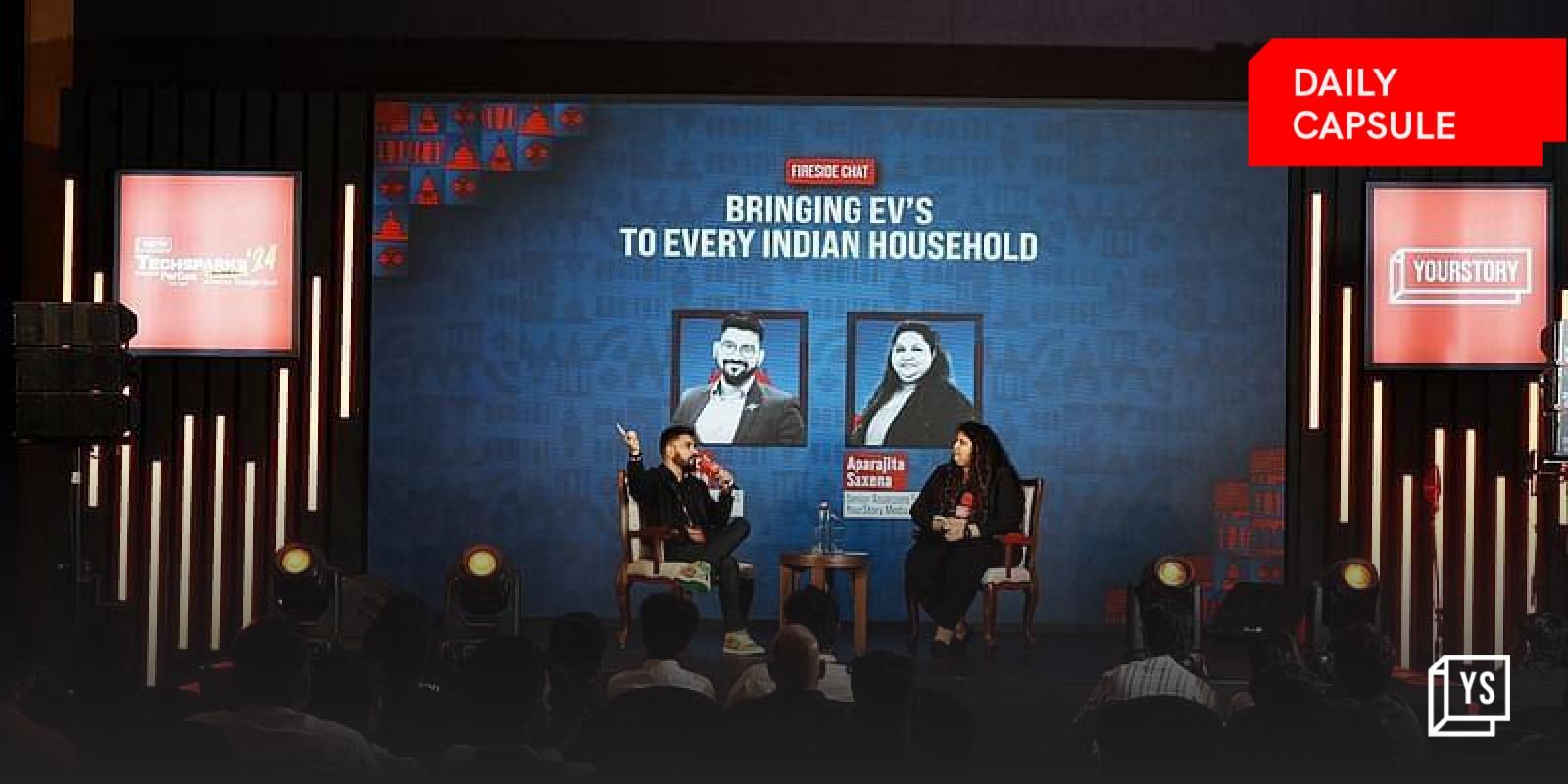Budget 2019: What corporates hope to hear from Piyush Goyal
It is the year of the general election and Indian businesses understand that the Interim Budget on Friday will only talk about the expenditure. Nevertheless, businesses have certain expectations and several of them mention GST to be the single biggest factor of change yet, adding to the cost pressure. We take a quick look at what they’re looking forward to.

What the IT industry wants from the budget
Initiatives like 'Digital India', 'Make in India' and 'Personal Data Protection Bills' have certainly put India on a digital innovation fast track. But the IT industry is expecting the upcoming Budget 2019 to include policy frameworks that incentivise big businesses to invest in manufacturing locally in India.
“The Budget should reassess the preferential market access policy," says Shibu Paul, Regional Sales Director-APAC of Array Networks. The preferential market access policy envisioned to protect domestic manufacturing of telecom equipment in India was put on hold in 2012 by the Union government.
M A Mannan, Country Manager - SAARC of Corsair says,
"The government is committed to the growth of the manufacturing sector, proven by the strides made by 'Digital India' and 'Make in India' initiatives. This evolving aspect of the IT industry brings in immense business opportunities but requires special attention for its optimal utilisation. So, to further encourage the electronics manufacturers and take these initiatives to the next level, the government should roll out new schemes and incentives.”
According to Rajendra Chitale, CFO of Crayon Software Experts India Private Limited,
“The government had provided for non-deduction of withholding tax on reselling of software licenses - primarily considering the very low margins in this trade and the fact that resellers are not making any changes to the licenses purchased from the OEMs. With the changes in technology, pure-play software licenses are being replaced by a bundled package - Azure, AWS or other cloud services. However, the concept largely remains the same - resellers are not making any changes to these bundled packages and the margins still remain very low.”
The IT industry urges the government to come out with specific notifications to extend the scope of the term "Software" as defined under NOTIFICATION No. 21/2012 [F. No. 142/10/2012-SO(TPL)] S. O. 1323(E), DATED 13-6-2012.
The industry also wants the Budget to speed up the process of refunds on Income tax as well as VAT/Service tax.
Players in the IT industry also want the Budget to announce that they want a strong push to Make In India, which may include larger tax exemption limits for employees working in companies manufacturing products locally. A strong push towards rural e-infrastructure with added emphasis on security compliance and data protection would also be beneficial.
Sonit Jain, CEO of GajShield Infotech, says,
“Implementing zero GST set-off for companies using SaaS applications hosted outside India will enforce companies to set up data centres in India boosting jobs as well as infrastructure. Incentives should be given for digital payments for the additional transparency they provide."
Recently, India clipped China as the fastest growing large economy in the world. It is also set to surpass the UK and become the fourth largest during the year. Digital and Digital Transformation (DX) have been the buzzwords across the governments and corporates across sizes and verticals for some time now. Data has become the most valuable IP for both government and corporates for targeted programmes with higher impacts, faster results, and efficient growth.
IT corporate players also want taxes to reduce for SMBs.
Krishna Raj Sharma, Director and CEO of iValue InfoSolutions, says,
“The government can look at tax slabs for corporates, like in the case of individuals, so that large entities pay more and SMBs pay less tax. This will ensure support in creating new jobs. We can take a cue from the new income tax slabs and revise income tax slabs from the current Rs 2.5 lakh slab to Rs 6 lakh+ slab.”
Always the GST
GST on affordable housing: Abatement for land should be increased to 50 percent. ‘Housing for all by 2022’ is one of the government pet projects, and it wants to deliver 10 million houses under this programme. Out of 10 million, 95 percent are to be constructed for Economically Weaker Sections (EWS) and Low-Income Groups (LIG).
GST on overall real estate: The single-tax regime in India ushered in additional cost pressure on real estate, according to the real estate industry. Presently, it falls under the 18 percent tax bracket of the Goods and Services Tax (GST) Act with one-third abatement for land, taking the effective tax rate to 12 percent. However, in major metros, the share of land is more than 50 percent of the project cost. Therefore, industry sources recommend that the government aligns this with market realities, and accordingly increase the abatement for land to 50 percent, thereby bringing down the effective tax rate to 9 percent.

Shishir Baijal, Chairman and Managing Director of Knight Frank India, says,
“As affordability of this segment and house value is low, the impact of the slightest upward cost pressure is magnified and becomes a deal breaker. The current GST rate coupled with one-third abatement for land is adding huge upward pressure on the overall cost of houses. We recommend lowering GST rates for affordable housing projects to provide a boost to the cause of housing for all by 2022.”
Retail and logistics make their case
The Budget also presents a great opportunity for spearheading infrastructural development to minimise wastage of groceries and food grains, ultimately benefitting farmers, suppliers, retailers as well as the consumers. In the past, the government has expressed initiative to support the development of warehousing, cold storage, and transportation facilities through subsidies, tax exemptions or employment benefits. The policies over the last few years have brought in investments to India in the retail and cash & carry sector.
Sameer Singh, Director - Operations, Business Development and Expansion, LOTS Wholesale Solutions, says,
“The stabilisation of tax rates along with a grace period for transition will aid companies in attaining operational efficiencies. Overall, retail and cash & cash carry industry have a positive outlook and policy changes that have been implemented, coupled with infrastructural support will help accelerate the growth of the sector in India."
Obviously, it will be a Budget where the BJP will want to show some changes to people. Will they show some love to business? Only the next couple of days will tell us if the government can manage every individual’s expectations.











